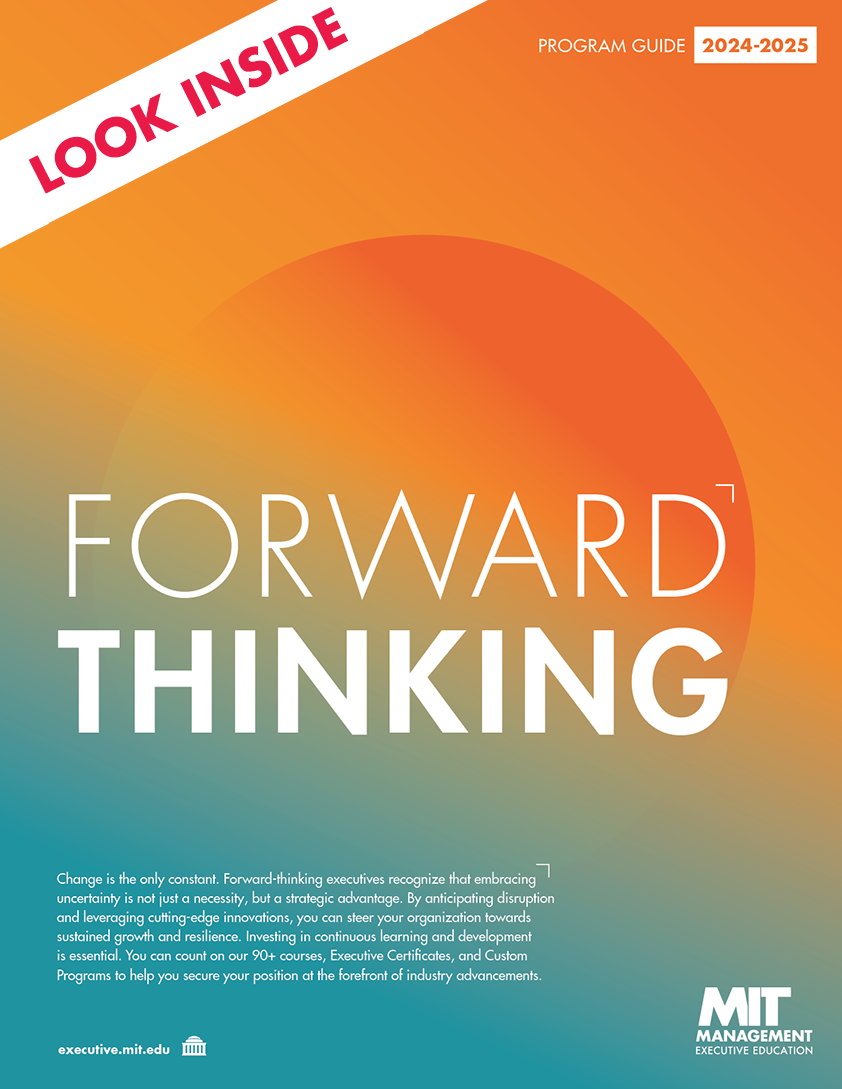Artificial Intelligence (AI) has swiftly moved from being a mere futuristic concept to a technology that more than half of global companies are actively implementing. While AI has largely been perceived as a tool to eliminate manual labor and streamline data processes, there's an emerging perspective that positions AI as a potential collaborator in knowledge work across various business sectors. Generative AI tools such as ChatGPT are particularly noteworthy in this context.
In his recent article for Harvard Business Review, “AI Can Help You Ask Better Questions— and Solve Bigger Problems”, Hal Gregersen and co-author Nicola Morini Bianzino argue that most companies still view AI rather narrowly, as a tool that alleviates the costs and inefficiencies of repetitive human labor and increases organizations’ capacity to produce, process, and analyze piles and piles of data. However, when combined with human-centric skills such as innovation, critical thinking, and creativity, AI can augment our understanding of complex environments.
“Partnering with the technology in this way can help people ask smarter questions, which in turn makes them better problem solvers and breakthrough innovators,” the authors write. They add that as context-aware AI systems like ChatGPT continue to improve, the skill of asking questions (or creating prompts) will only become more valuable in the discovery process.
Gregersen surveyed roughly 200 leaders from more than 30 countries, all of whom participated in our executive education programs at MIT, to learn how artificial intelligence has affected questioning patterns and innovation behaviors and outcomes in their organizations. He has found that companies have much to gain by treating AI as a knowledge-work collaborator in diverse areas such as product design, process efficiency, and prompt engineering.
In particular, leaders are finding that AI strengthens team inquiry skills by changing and increasing the cadence, pattern, velocity, variety, and novelty of incoming questions. Training AI to answer yes/no questions independently and reveal patterns within data sets can enable humans to identify and delve into context-dependent and complex questions faster. In Gregerson's study, 79% of respondents asked more questions after receiving a rapid response.
With AI's power, human input is encouraged to demand more and reach further. As AI answers the “what,” humans can focus on the “why.” Gregersen’s study found that AI led respondents to ask unique questions that changed the direction of their team, organization, or industry 75% of the time.
AI can also help transform the conditions and settings where people work so that questions that spark change can emerge. This is what Gregersen refers to as “catalytic” questions—inquiry that “pushes leaders out of their comfort zones and into the position of being intellectually wrong, emotionally uncomfortable, and behaviorally quiet and more reflective, all of which, it turns out, promotes innovative thinking and action.”
The potential of AI extends beyond mere efficiency and cost-saving; it lies in fostering inspiration, imagination, and innovation. To harness AI's full capabilities, leaders need to view it as a co-creator, collaborator, and enhancer of human potential. This requires building organizational cultures that not only incentivize asking profound questions but also accept the ambiguity of not always having immediate answers.
Gregersen teaches a variety of Executive Education courses on the topics of transformation, innovation, inquiry, and more, including: Embracing the Unexpected: Creative Transformation Amid Rapid Change, Innovator's DNA: Mastering Five Skills for Innovative Disruption, Inquiry-Driven Leadership, Managing the Human Side of Digital Disruption, and Questions Are the Answer: A Breakthrough Approach to Creative Problem Solving, Innovation, and Change.








